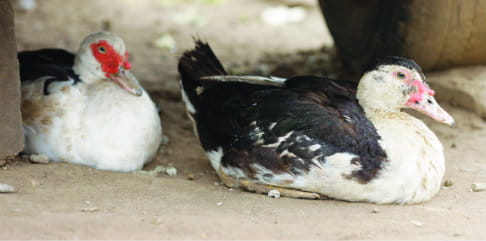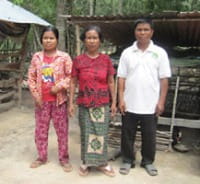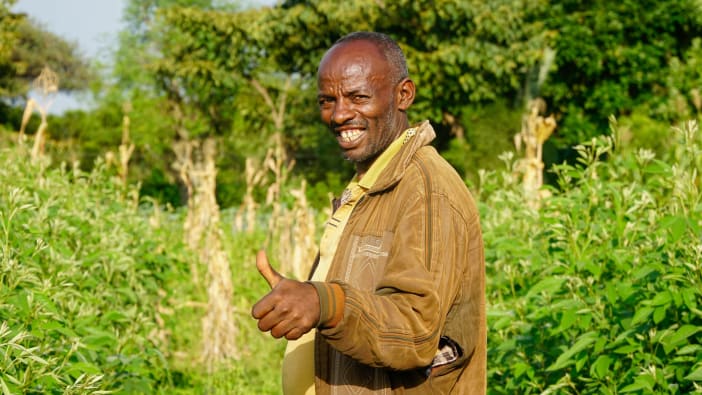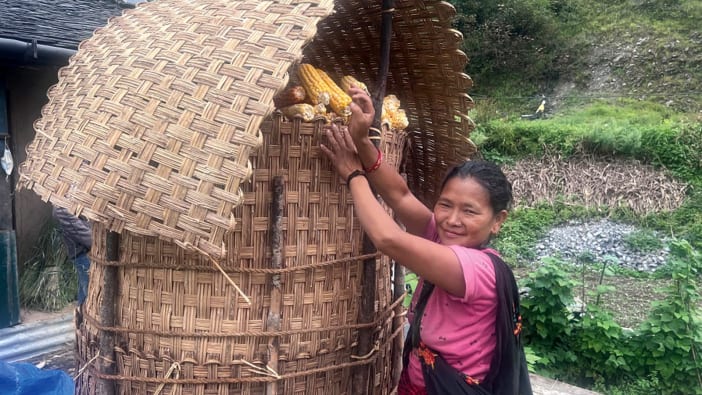Ducks, like other poultry, can be used for their meat and their eggs. There are many ways of raising ducks. The simplest method requires little capital input, where ducks are raised in the farmyard as part of a mixed farm.
In order to decide how to raise ducks, a farmer or extension worker needs to ask a number of questions:
- Are the ducks intended for your own use or do you also want to sell duck products? If you are considering keeping ducks in order to sell their products it is important to know whether there is a market for the eggs or meat.
- Will duck rearing fit in with the rest of your activities? Do you have room for ducks? Not only do you need room for shelter and a water supply for the ducks, but their daily care also takes time and may get in the way of other activities.
- Where will you get your ducklings in order to maintain a stock? Will you breed them yourself or will you buy ducklings when you need them? If you plan on buying them, can you be sure there will be a regular supply in the future?
- What will you feed the ducks? Where can you obtain feed? Do you have sufficient food available on your own farm or will you have to buy some types of feed? Ducks are capable of scavenging a large part of their food for themselves but it is often necessary to give them extra in the dry season. If ducks are free range they are more likely to suffer from a shortage of vitamins and minerals.
Advantages of ducks compared with chickens:
- Ducks are tougher than chickens; they require less attention than chickens and are less likely to be sick than chickens.
- Ducks are larger than chickens, so if they are reared for meat there will be more to sell. Duck eggs are also larger than chicken eggs.
- Ducks do not necessarily need supplementary grain and maize.
- Chickens normally do need supplementary high quality feed. Ducks eat more vegetable material and insects than chickens. Ducks also eat snails.
Disadvantages of ducks compared with chickens:
- Ducks are water birds and need water to be able to breed and grow well. A pool or pond of water can take up a lot of room. A trough of water can also be provided so that ducks can bathe. Pools, ponds, troughs or tubs of water all need to be kept clean and hygienic.
- Muscovy ducks (sometimes called Barbary ducks) have less need to cool themselves and so have less need for a constant supply of bathing water. Peking ducks come originally from colder climates and live near to water. These ducks need water to keep their body temperature at the right level.
This information has been adapted from Agrodok 33: Duck Keeping in the Tropics by S.J. van der Meulen, G. den Dikken, Agromisa Foundation, Wageningen, 2004. Find out more about this publication, including how to order or download it, on page 13.











